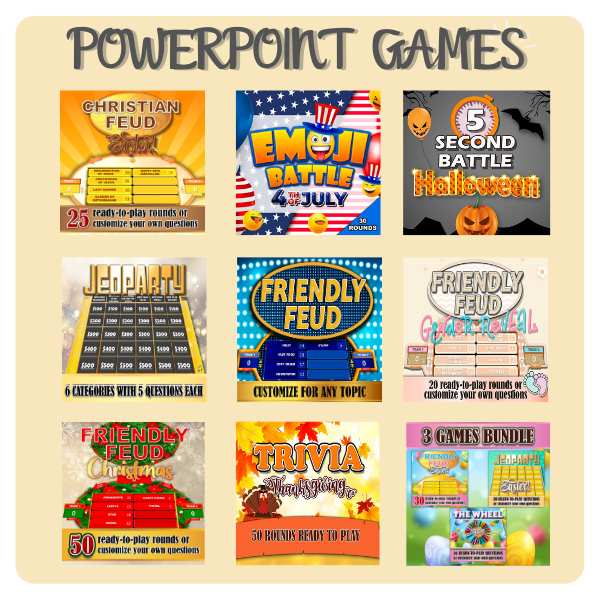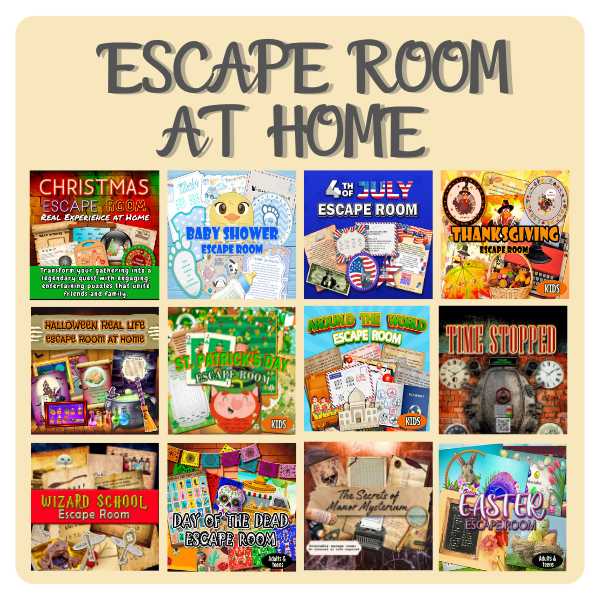Work Together, Play Together: Fun Printable Games for Seniors

Cooperative printable games are a hidden gem for seniors, offering the tangible joy of playing together with the added benefits of teamwork and mental engagement. These games are perfect for senior centers, community gatherings, or even at home, providing an accessible and entertaining way to encourage social interaction and cognitive exercise.
Why Choose Cooperative Printable Games?
Cooperative games foster a spirit of teamwork and communication, making them ideal for seniors who benefit greatly from enhanced social interactions and collective problem-solving. These games nurture a sense of camaraderie and shared accomplishment, combating loneliness and fostering supportive connections. They keep minds active by requiring strategic thinking, problem-solving, and collaboration, promoting mental agility in a fun and social way.
Fun and Functional: Printable Games for Active Seniors
These printable games offer a delightful blend of entertainment and cognitive stimulation, perfect for senior citizens. They provide opportunities to socialize, keep minds sharp, and foster a sense of accomplishment.
Bingo: A lively social gathering! Bingo promotes friendly competition and interaction in large groups.

Memory Games: Memory match isn't just fun, it's a brain workout! These games help improve short-term memory and overall cognitive function.
Word Scrambles: Untangle the challenge! Word scrambles provide a delightful mental exercise that enhances pattern recognition and keeps minds active.
Charades: Acting Up for the Brain: More than just laughs, charades encourages social interaction and the use of nonverbal cues, stimulating both cognitive and social skills.
Remember When... Memory Game for Seniors
Take a joyful trip down memory lane with the Remember When... Memory Game! This printable game is filled with nostalgic prompts that spark conversation, laughter, and connection. It’s a fun and meaningful way to encourage storytelling, strengthen memory, and bring people closer together. Perfect for family gatherings or senior group activities!
Trivia: A Nostalgic Journey: Group trivia can be customized with categories that appeal to seniors, fostering teamwork and knowledge sharing while taking a fun trip down memory lane.
How to Weave Games into Your Day
Incorporating games into daily routines can provide structured cognitive stimulation and a fun way to break up the day. Try starting the day with a short memory game during breakfast or incorporate a daily crossword puzzle into evening relaxation time.
Group Sessions: More Than Just Fun
Organizing group game sessions in senior centers offers a wealth of benefits beyond just fostering a sense of community. The friendly competition of bingo or the shared laughter during charades can promote healthy competition, build friendships, and provide a sense of belonging.
Family Fun: Games for All Ages

Encouraging family members to participate in game nights can enhance the emotional benefits of game-playing. Family trivia nights can be a delightful way to share knowledge across generations, while charades or Pictionary offer opportunities for laughter and creative expression together.
FAQ: Printable Games for Seniors
1. Why should seniors play cooperative printable games?
Cooperative games are excellent for seniors as they promote teamwork and communication, essential for enhancing social interactions. These games help maintain cognitive functions by encouraging problem-solving and strategic thinking in a group setting, which can combat feelings of loneliness and foster strong, supportive connections.
2. How can printable games benefit seniors’ mental health?
Printable games keep the mind active and engaged, which is crucial for mental health. They provide a fun way to perform cognitive exercises that can help delay or mitigate the effects of cognitive decline. Additionally, the social aspect of these games can reduce feelings of isolation and depression by building a community and fostering new friendships.
3. How often should seniors engage in these printable games?
Incorporating games into daily routines can be highly beneficial. Depending on the individual or the group's enthusiasm, games like crosswords or memory matches can be played daily, while more organized group activities like bingo or trivia might be ideal for weekly sessions.
4. How can families get involved with these games?
Families can participate by organizing regular game nights that include activities suitable for all ages. Games like charades, Pictionary, or family trivia nights not only entertain but also strengthen bonds by creating shared experiences and lasting memories.
5. What materials are needed to play these printable games?
Most printable games require minimal materials — typically just the printed game sheets and some basic supplies like pens, markers, or tokens. Some games might require additional items like card stands or timers, which are generally easy to find and inexpensive.
6. How long do these games typically take to play?
The duration of each game can vary based on the type and the players' engagement levels. For instance, a game of bingo might last anywhere from 15 to 30 minutes, while trivia or charades sessions can be extended as desired. This flexibility allows game sessions to be tailored to the players' schedules and energy levels.
7. Are these games accessible for seniors with physical limitations?
Yes, printable games are designed to be inclusive and can be adapted for various physical abilities. For those with mobility issues, games that require minimal movement, such as bingo or trivia, are suitable. The print size can also be adjusted to accommodate vision impairments.
8. How do these games cater to seniors with different cognitive abilities? Games can be modified to suit varying cognitive levels by simplifying rules or reducing game complexity. For example, memory games can use fewer pairs of cards, or word scrambles can include hints. This ensures that everyone can participate and feel a sense of achievement.
9. Can these games be played alone, or are they only for groups?
While many of the games are designed for group play to enhance social interaction, some can be adapted for individual play. For example, word scrambles, crosswords, and certain memory games can be enjoyed alone, providing cognitive benefits and self-paced leisure.
10. What are the best ways to introduce new games to seniors who might be hesitant?
Introducing games in a familiar and comfortable setting can help ease hesitancy. Starting with simpler games and gradually increasing complexity can allow participants to build confidence. It’s also helpful to emphasize the fun and social aspects rather than the competitive nature of the games.
11. How can caregivers and activity coordinators provide support during game sessions?
Caregivers and coordinators can play a crucial role by setting up the game environment, explaining the rules clearly, and encouraging participation. They can also adjust the pace of the game to match the players' needs and ensure that everyone feels included and engaged throughout the game session.




